CBD and CBG – The Difference
Estimated reading time: 8 minutes
Introduction
CBG, or cannabigerol, has emerged as the latest cannabinoid to captivate attention, alongside CBD and THC. While CBG and CBD share certain similarities in their interaction with the endocannabinoid system and potential benefits, CBG is predominantly found in young plants, while CBD is more prevalent in adult hemp. This has led consumers to question the distinctions between the two. In this article, we will delve into CBG's intricacies and provide a comprehensive analysis of the variances between CBG and CBD.
The Mother Cannabinoid – What Is CBG?

CBG holds the distinction of being referred to as “the mother cannabinoid” as it serves as the precursor to all other cannabinoids. All cannabinoids originate from CBGa, which then breaks down into THCa, CBDa, and CBCa. Subsequently, exposure to heat or ultraviolet light transforms these acidic forms into THC, CBD, CBN, and other compounds.
Since CBGa converts into other cannabinoids, fully mature plants contain only low concentrations of CBGa. In adult hemp plants, CBG constitutes merely around 1 percent, whereas CBD comprises approximately 20 percent. This significant difference explains why CBG is not as widely recognized or abundant as CBD.
CBD vs CBG

CBG and CBD share several similarities, but they also possess nuanced characteristics. Both cannabinoids are non-psychoactive, unlike THC, and they interact with the body's endocannabinoid system (ECS). The ECS is a recently discovered cell-signaling system distributed throughout the central and peripheral nervous systems. It consists of endocannabinoids, receptors that cannabinoids bind to, and enzymes responsible for breaking down cannabinoids, thereby eliciting bodily responses.
Similar to how a cup of caffeinated coffee enhances focus or a sugary cupcake generates a sense of happiness, each endocannabinoid produces a unique response within the ECS. Although the ECS's functions are not entirely understood, it is believed to play a role in regulating sleep, mood, memory, appetite, and libido. Both CBD and CBG interact with the CB1 and CB2 receptors and exhibit anti-inflammatory and antibacterial properties.
Additionally, they have the potential to balance mood and anxiety. However, CBG and CBD possess slightly different molecular structures, which may result in distinct behaviours. Notably, the disparity between CBD and CBG lies in the availability of research. From the existing studies, it is evident that CBG offers potential applications that differ slightly from CBD, such as the treatment of Inflammatory Bowel Disease and glaucoma.
How Does CBG Make You Feel?
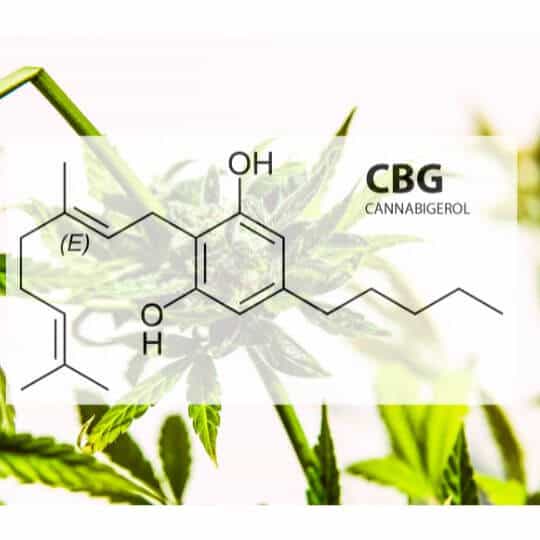
If you are considering CBG you may wonder about its effects on mood and well-being. Although CBG does not induce intoxication, it can create a sense of happiness due to its cognitive effects. In contrast to CBD, CBG does not induce sedation or drowsiness. Many people report experiencing enhanced alertness and focus when using CBG. However, it is important to note that the impact of CBG varies depending on factors such as dosage, body weight, overall health, physiology, as well as genetic and environmental influences.
While CBG effects differ from person to person, studies suggest that CBG tends to induce a mild euphoria similar to the “runner's high.” Through triggering the release of anandamide, also known as the bliss molecule, CBG naturally enhances mood. Similar to CBD, CBG possesses anti-inflammatory properties that provide relief from pain and soreness. When considering whether to purchase CBD or CBG products, CBG is recommended for cognitive support, while CBD is suitable for general daily support. CBG may also excel in promoting mental sharpness, while CBD has greater potential for relaxation.
Why Is CBG More Expensive?

One noticeable difference for consumers is the price tag associated with CBG products, which are significantly more expensive than their CBD counterparts. In the hemp industry, raw plant material is utilized to extract CBD and other cannabinoids. To obtain these compounds, large quantities of hemp are dissolved in a liquid, such as carbon dioxide. Producers require substantial amounts of biomass to yield a small amount of extract. As mentioned earlier, CBD comprises approximately 20 percent of the plant's composition, whereas CBG accounts for less than 1 percent. Consequently, cultivators need 20 times more biomass to extract the same quantity of CBG as they would from CBD.
Young plants contain slightly higher CBG levels, approximately 5 percent. (It is worth noting that cannabigerolic acid, an acidic form of CBG, serves as the starting point for other plant compounds, resulting in higher CBGa content during the plant's early stages.) However, utilizing young plants sacrifices the potential extraction of other compounds in larger quantities. Therefore, most cultivators opt not to harvest young hemp plants solely to extract a moderate amount of CBG.
The big amount of plant material required for CBG extraction translates into higher costs for consumers. However, as interest in CBG grows, the basic principles of supply and demand contribute to the price increase. To work around this, many companies blend CBG extract with other CBD products. Although relatively rare, some companies collaborate with farmers who have developed high-potency CBG hemp strains, enabling them to offer full spectrum CBG products at more reasonable prices.
Read more about CBG and CBG
CBG Products
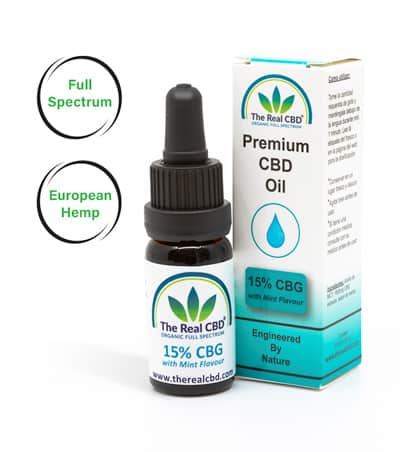
Similar to CBD products, CBG is available in various formats, including CBG isolate, softgels, edibles, tinctures, and topicals.
CBG Isolate
Isolates guarantee THC-free cannabinoid products since they consist of a single compound refined to 99 percent purity. CBG isolate, while potent, does not benefit from the entourage effect. Individuals who must avoid THC often prefer CBG isolate due to its versatility and ease of use.
CBG Oil
CBG oil, like CBD tinctures, is blended with a carrier oil and can be taken sublingually or mixed with food and drinks. Most CBG tinctures maintain a high CBD content due to CBG's limited availability.
CBG Softgels
CBG softgels are capsules that contain the same CBG tincture formula enclosed in a softgel casing. They may take longer to take effect since they must be digested. Softgels are convenient for travel and for people who dislike the taste of tinctures.
CBG Topicals
CBG topicals, similar to CBG tinctures, incorporate a generous amount of CBD. They are exclusively designed for topical application on the skin, functioning like any other CBD lotion or cream.
CBG Edibles
Effects from CBG edibles tend to have a longer duration compared to other consumption methods. CBG edibles typically contain a significant amount of CBD and can be mixed into various products, including chocolates and gummies.
Is CBG Better Than CBD?

While the CBD vs. CBG debate continues, the existing knowledge about CBG is undeniably promising. Many individuals who have experimented with CBG have reported positive outcomes. Those who have not experienced the desired results with CBD may find better relief with CBG. If you are willing to invest in a more expensive option, trying CBG to experience its effects first-hand is worthwhile.
Scientific evidence of CBG Benefits
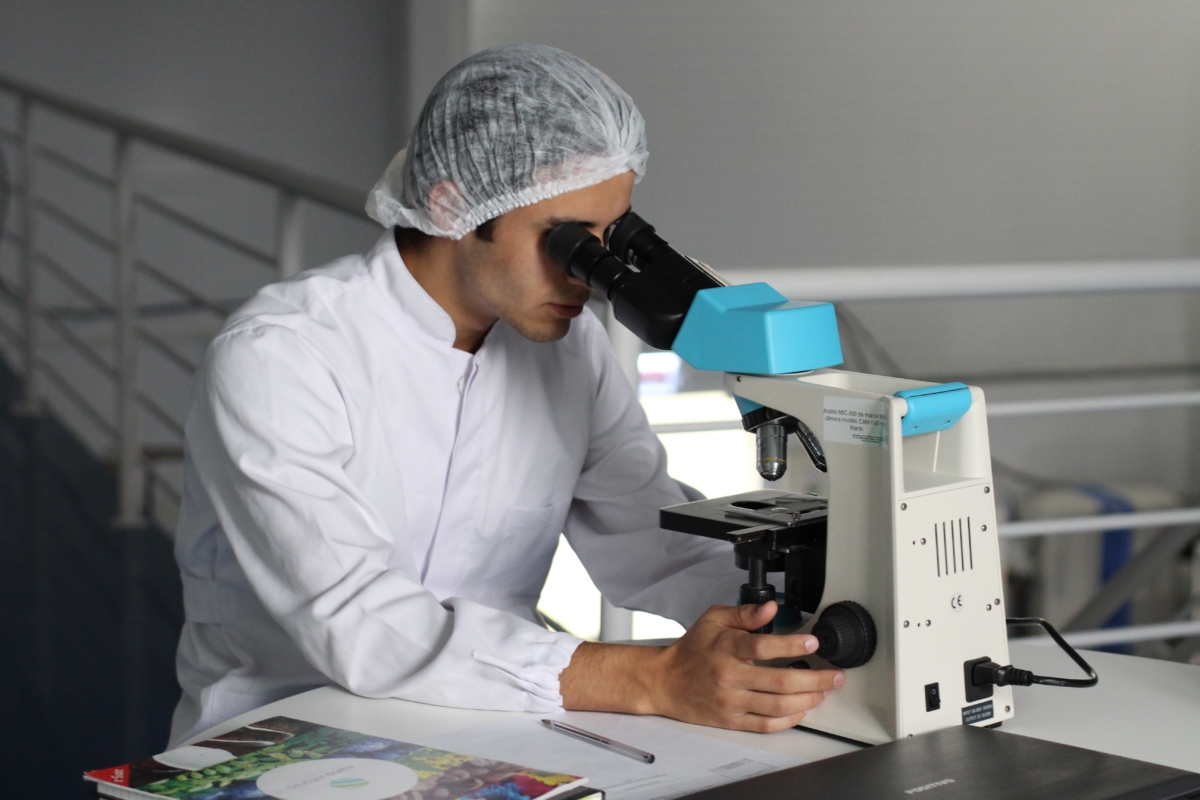
Here is a list of what we know so far in the research realm of CBG.
- In an experiment with mice, CBG was studied to find its potential to help treat inflammatory bowel disease (IBS) and showed good results.
- In a 2017 study on rats, researchers found that a form of CBG can help stimulate hunger without making people feel high like THC does. This could lead to a new, non-psychoactive treatment for cachexia, muscle wasting, and severe weight loss seen in late-stage cancer and other diseases.
- In a study of the effects of five different cannabinoids on bladder contractions, CBG was found to be the best at stopping muscle shrinkage, so it may be used in the future to prevent bladder dysfunction disorders.
- CBG has the ability to lower the eye pressure in patients with Glaucoma
- Another study in 2015 showed CBG protects neurons in mice with Huntington's disease.
- CBG stopped growth of colorectal cancer cells in mice as well. In this study, CBG slowed down tumours and chemically-induced colon carcinogenesis.
- Research done in Europe showed that CBG is an effective antibacterial agent, especially against methicillin-resistant Staphylococcus aureus (MRSA) strains that are immune to more than one type of drug. Since the 1950s, cannabis has been used topically to treat skin diseases, but scientists didn't know what chemicals were in the plant at the time.

I am a certified expert in Medicinal Cannabis. We are all about giving correct and trustworthy information. We know how important it is to learn about CBD and cannabis, which is why we want to be your go-to source for trustworthy information. We help you improve your health by using our knowledge and experience as a starting point.

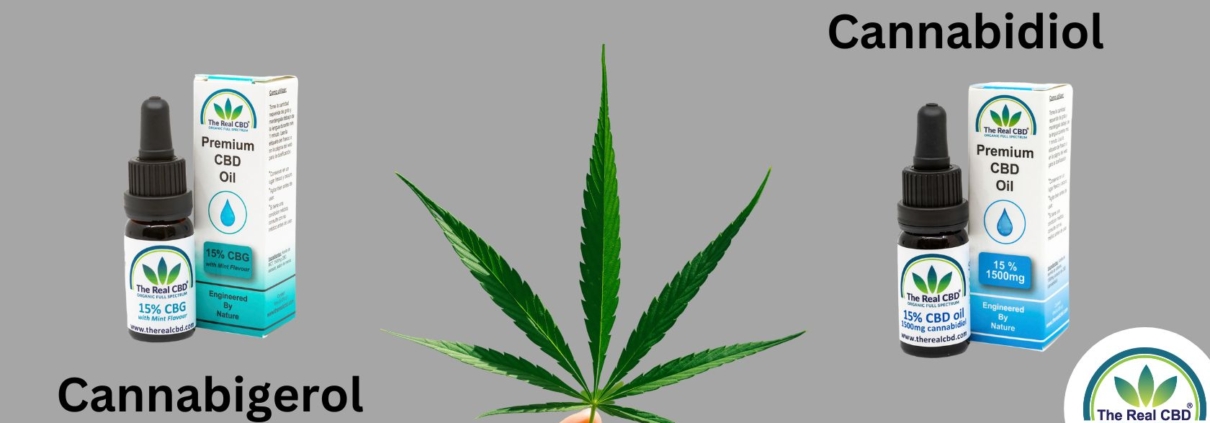


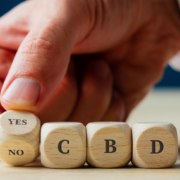



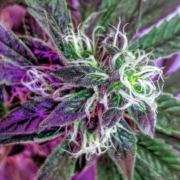





Leave a Reply
Want to join the discussion?Feel free to contribute!